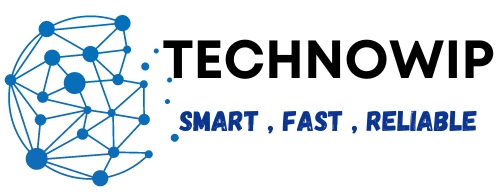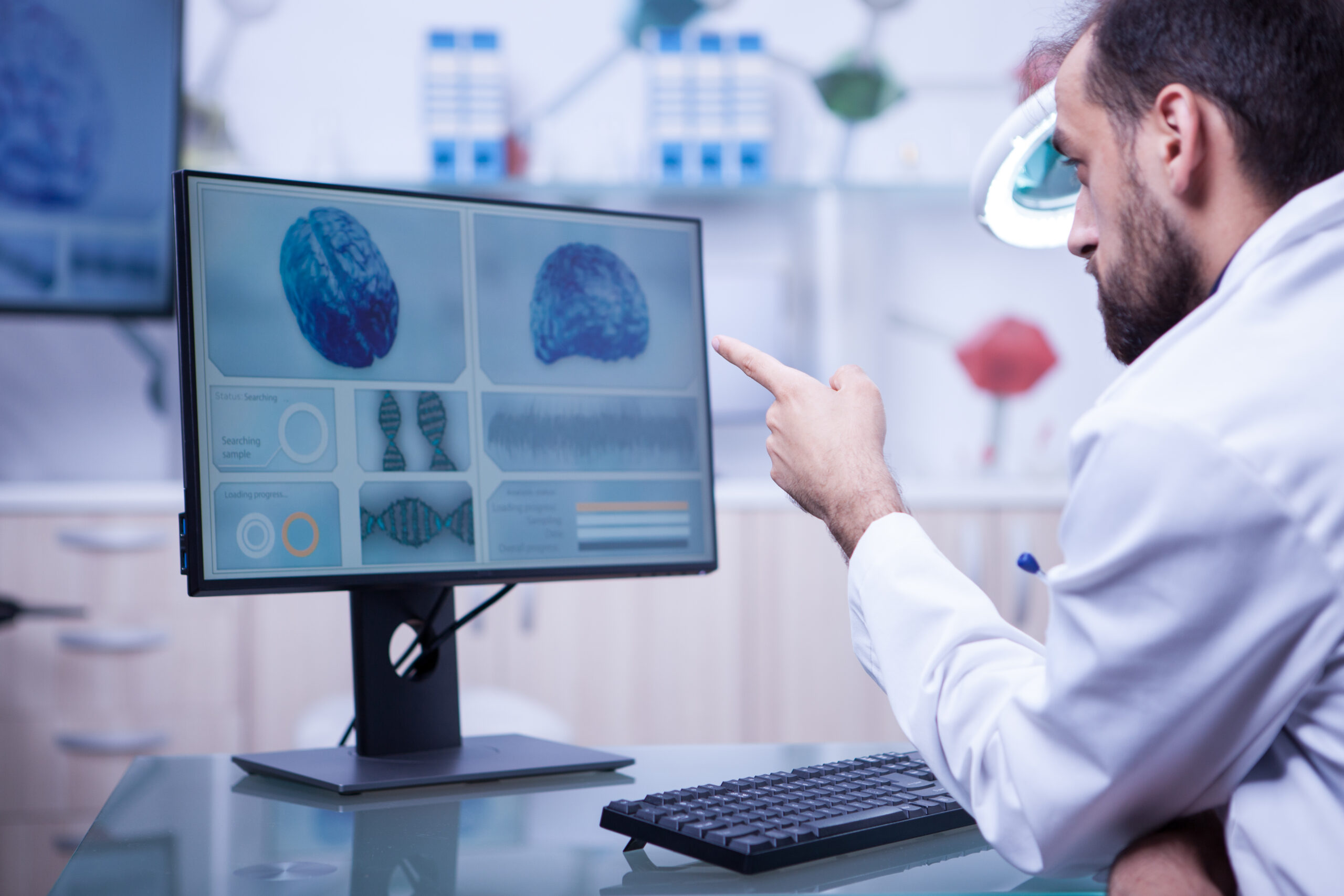Introduction
The process of drug discovery has traditionally been a long and complex one, requiring years and years of intensive research and trial-and-error, as well as hefty financial investments. Role of generative ai in drug discovery is really important. Recent advances in generative AI have begun to change this and offer new opportunities that may speed the development of potentially life-saving therapies. AI technology that can simulate and predict molecular structure opens up new possibilities for drug design.
How does generative AI impact the future of drugs? How does it address some of the long-standing challenges in this industry? Explore these questions further.
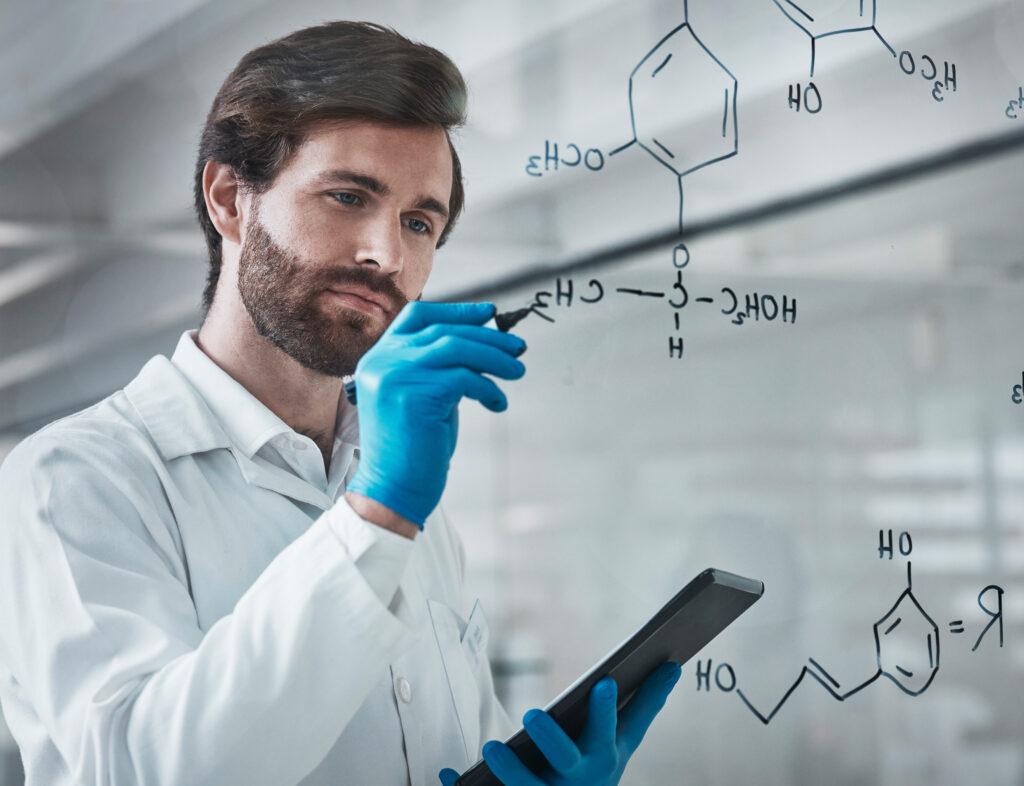
Problem: The Current Challenges in Drug Discovery
Traditional drug discovery is notoriously long. It can take a year or more for a new drug to reach the market. The costs range from $1 to $3 billion. Another significant barrier is the high rate of failures, which can get 90%. Failures often appear during preclinical and clinical trials conducted to test drugs on either human or animal models. There is no guarantee that a drug will be approved for sale, even after rigorous testing.
The complexity of creating molecules with interactions that are specific to biological targets is also a bottleneck. The conventional methods heavily rely on the expertise and knowledge of biologists and chemists, yet even highly skilled researchers can be limited by their human understanding. There is a pressing need to develop new tools that can accelerate the process of discovery.
Agitation: The Strain on Resources and Innovation
The pharmaceutical industry is under enormous pressure to find new drugs as quickly as possible. The global population is growing, and the need for treatments to combat diseases such as cancer, Alzheimer’s and cardiovascular problems has never been higher. The industry is struggling to meet this growing demand with its current research model.
The struggle leads not only to a waste of time and resources but also to missed chances for advancements. The regulatory environment is complex, clinical trial costs are high, and the financial risks of failed projects can be overwhelming. The industry risks falling behind in an ever-changing world of healthcare demands if it cannot innovate and streamline its processes.
Solution: How Generative AI Is Transforming Drug Discovery
The potential for drug discovery to be revolutionized by Generative AI is huge. Artificial Intelligence’s Content Creation subfield focuses on producing new material. In contrast to traditional AI models that analyze data and make predictions, the generative AI model can generate entirely new structures depending on desired properties such as binding affinity or stability.
The time it takes to design compounds manually is drastically reduced, and researchers can explore more possibilities. It has even been proven that generative AI can generate new molecules, which may not have been possible with traditional methods.
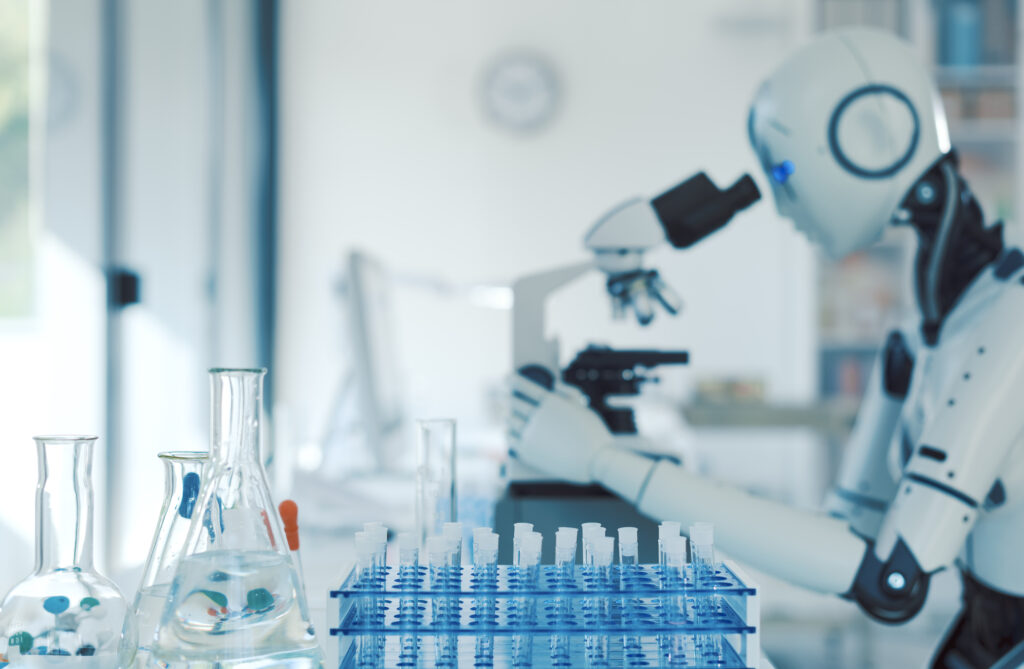
AI-Driven Drug Discovery Platforms
A number of pharmaceutical companies are already incorporating AI in their platforms for drug discovery. Insilico Medicine is a biotech leader that uses AI. They have successfully designed a new drug candidate to treat fibrosis using generative AI. Preclinical tests showed that the drug had promising therapeutic effects. Further clinical trials are planned. Success of this drug illustrates how Artificial Intelligence accelerates drug discovery while mitigating risks.
Atomwise is another company using AI for drug compound screening. Atomwise has used its platform to find promising drug candidates to treat diseases such as Ebola or multiple sclerosis. The AI is trained on large databases of biological and chemical information. This allows it to find potential drug candidates which may have not been thought about by researchers.
AI for Drug Repurposing
Generic AI is also crucial in the repurposing of drugs when existing medications are used for different therapeutic purposes. BenevolentAI’s work, in which AI was used to find a possible treatment for COVID-19, is one example. AI discovered that by analyzing compounds already available, a drug developed to treat a completely different disease could be used against coronavirus. AI-driven repurposing can speed up the identification of treatments during public health crises.
AI is a game-changer in drug discovery.
As someone who closely follows AI advances, generative AI is the answer to the greatest challenges facing drug discovery. Researchers have struggled to accurately predict the behavior of molecules in biological systems for years. This predictive power, which was once theoretical, is now actionable and has real-world applications.
AI Data-Driven Discovery
AI’s data-driven approach allows researchers to analyze vast quantities of biological and chemical data at a fraction of the speed of traditional methods. AI is able to explore interactions and patterns that humans may have missed. This technology has advanced so quickly and will accelerate drug discovery in the future.
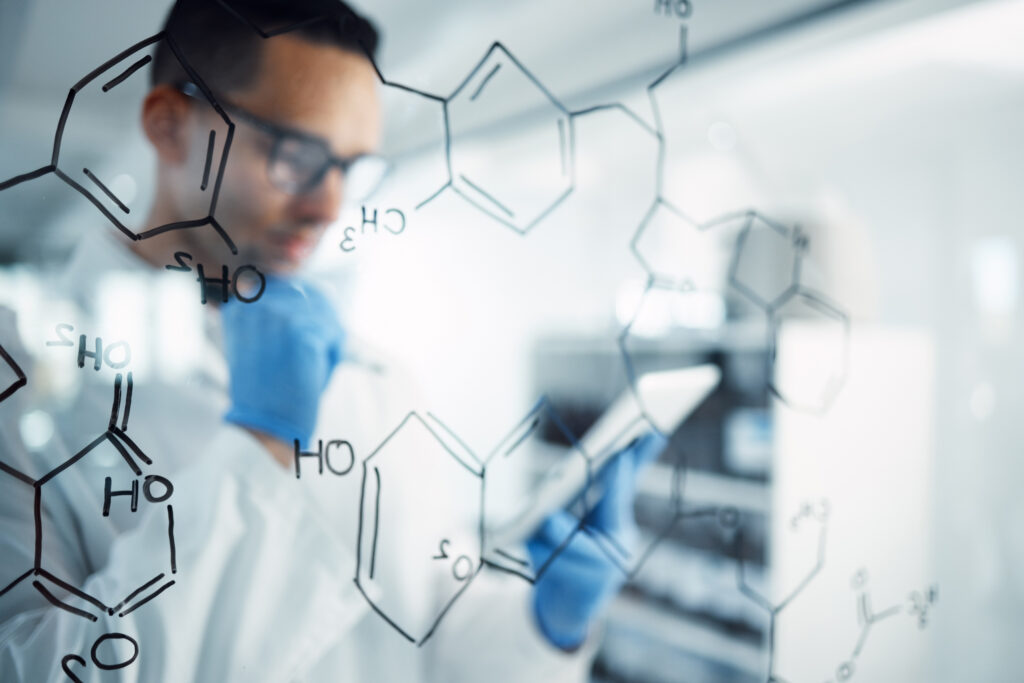
AI for Personalized Medicine
Generative AI could also open the way towards personalized medicine, where treatment plans are specifically tailored to an individual based on their genetic makeup. AI algorithms have the capacity to identify which drugs would best serve individuals based on their genetic profiles; increasing drug efficacy while simultaneously decreasing side effects. The level of precision that AI can provide could revolutionize the treatment process, making it personalized and more effective.
AI-enabled personalized precision medicine is particularly exciting to me because it brings us one step closer to developing drugs that are better suited for every individual.
Solving the Cost Problem with AI
AI could help to reduce the high cost of drug discovery, which is a barrier to innovation. AI helps pharmaceutical companies reduce the costs of new drug development by speeding up the process of discovery, increasing the rate of success of clinical trials and identifying candidates sooner. It could result in more affordable treatment for patients and improve access to healthcare globally.
AI for Predicting Drug Safety and Toxicity
- The challenge of predicting the safety and toxicity of new drug compounds prior to clinical trials has become a major issue in drug development. To predict safety profiles for new molecules, generative AI models are trained using large datasets that include toxic compounds as well as their effect on human cells. AI models that simulate how drugs interact biologically can identify safety issues early on in the process of drug discovery and reduce the risk of expensive failures at later stages.
- Examples from the Real World: BenevolentAI and other companies have shown how AI is used to predict the adverse effects of drugs, as well as assess their toxicity. It could improve the safety of patients and speed up approval.

AI and Drug Discovery in the Future: Human Expertise is a Key Partner
- Summary: Although generative AI has shown its promise, it is not intended to replace researchers. Instead, the technology will enhance them. In the future, drug discovery is likely to be a collaboration between AI and humans. AI will provide data-driven insight, and researchers will use their domain expertise to interpret and verify findings. The synergy between AI and human expertise could result in faster, more accurate processes for drug development.
- Examples from the Real World: Some companies have already integrated AI with human oversight into their drug discovery pipelines. For example, they collaborate with AI-driven platforms such as IBM Watson for Drug Discovery. The combination of AI precision and human creativity is expected to result in even more breakthroughs.
AI Accelerating Vaccine Development
- Generative AI plays a key role in developing vaccines. This is especially true in light of the emergence of new infectious diseases. AI is able to identify vaccine candidates faster using traditional methods by analyzing the genetic sequences and predicting how pathogens will interact with our immune systems. AI can be used to optimize vaccine formulations in order to increase efficacy while reducing side effects.
- Examples from the Real World: In the COVID-19 Pandemic, AI platforms such as those developed by Moderna or BioNTech played a key role in developing mRNA-based vaccines. AI models were used to identify antigens that would be promising, which accelerated the process of developing vaccines. The use of generative AI in the public sector can help prepare more efficiently for pandemics.
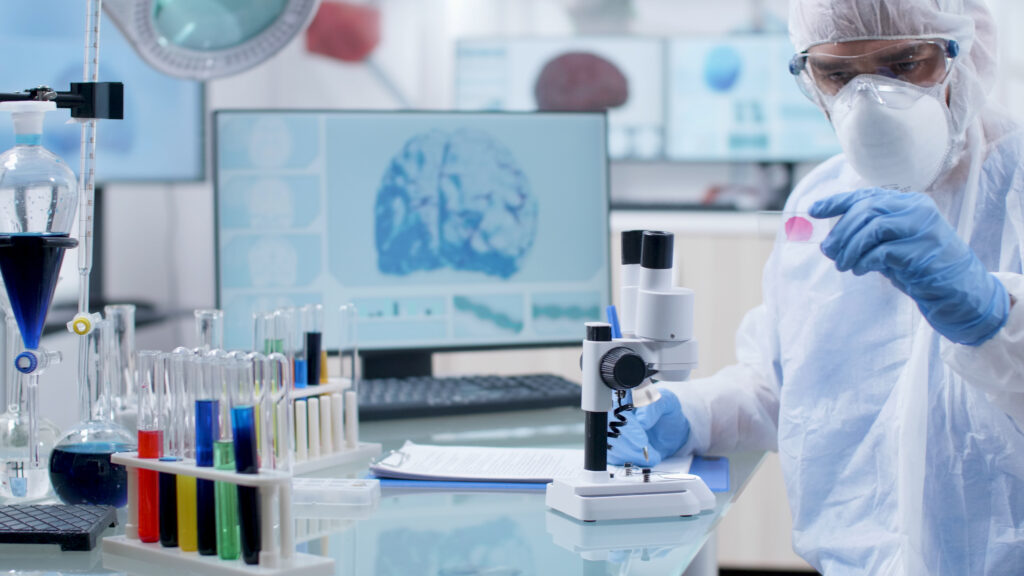
Conclusion :
The use of Generative Artificial Intelligence (AI) is revolutionizing drug discovery. It reduces time, cost, and failure risk. Researchers can design customized treatments, create new drug candidates, or repurpose old drugs using AI-driven platforms. The potential of AI to improve drug discovery is undeniable, even though there are challenges. We can expect more breakthroughs as AI evolves, from better-personalized treatment for patients to faster drug discovery.
The use of generative AI in the discovery of drugs has opened up a whole new world. Medicine’s future is more promising than ever. An effective educational plan will continue to gain in significance over time. We can anticipate new treatment options to emerge quicker, with lower costs, and more precisely as we unlock the potential of this technology.
FAQs
What does generative AI mean in the context of drug discovery?
AI technology that creates new molecules with desirable properties is referred to as generative AI. This can speed up the identification of potential drug candidates.
What is the generative AI process?
The use of Generative Artificial Intelligence (AI) accelerates the drug discovery process by simulating molecular interactions and predicting them. This reduces the need to conduct lengthy design and test processes.
What are the major challenges of drug discovery?
Traditional drug discovery procedures are costly and time consuming with a high failure rate. The method also requires complex chemical and biological testing that can last for years.
What is the role of AI in drug toxicity prediction?
AI models use large datasets in order to identify potential toxic effects of new drugs early on during the development process.
How can AI be used to repurpose existing drugs?
AI is able to identify and analyze drug compounds, allowing for rapid discovery of new treatments.
What real-world examples can you give of AI being used in the drug discovery process?
Insilico Medicine and Atomwise have used Generative AI successfully to find new drugs and reuse existing ones for COVID-19 and cancer.
What is the role of AI in vaccine development, and how can it be used?
AI can identify viral genetic sequences and predict immune responses. It also optimizes vaccine formulations to speed up vaccine development for new infectious diseases.
Can AI researchers replace humans in the drug discovery process?
AI does not replace human research. The AI generates insights based on data, and researchers use their experience to validate them.
Which industries can benefit from the use of generative AI for drug discovery?
The pharmaceutical, biotechnology and healthcare industries benefit from accelerating drug research, cutting costs and improving the effectiveness of treatment.
How will AI affect drug discovery in the future?
AI continues to develop and is integrated into the drug development pipelines. This allows for faster, more affordable, and personalized treatment of patients.

